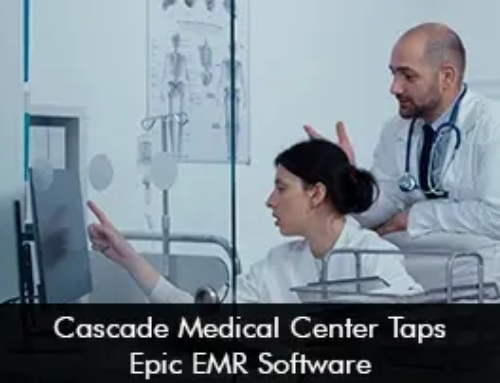Rheumatology specialists are trained to effectively diagnose and treat arthritis, and other conditions and diseases related to bone, muscles, and joints, that have an inflammatory or autoimmune origin.
July 2023 – Juvenile Arthritis Awareness Month
A month has been set aside to promote awareness of juvenile arthritis, a disorder that affects kids and teenagers. Every year, it falls in July. The purpose of this awareness campaign is to raise knowledge of juvenile arthritis among the general public and to encourage early diagnosis, treatment, and support for people who are affected by the condition.
We hope to raise awareness and promote any latest efforts that support patient care for people suffering from arthritis.
What is a Rheumatology EMR Software?
A rheumatology EHR solution is specifically designed to meet the unique requirements of a rheumatology practice. The versatile and robust software assists rheumatologists to enhance patient care and streamline daily tasks. The platform has custom tools, reports, and templates to match the needs of rheumatologists.
Features present in a Rheumatology software
The following functionalities and tools are provided to rheumatology clinics and departments. These features can be utilized to support the patient care process and simplify clinical, administrative, and financial processes.
- Disorder-Specific Templates
- Image Storage
- Voice Recognition Capability
- e-Rx
- HIPAA-compliant, and ICD-10 Compliant
- Real-time Dashboards
- Clinical Decision Support Tools
Benefits of leveraging a rheumatology-specific electronic health records solution
Below are some benefits of adopting an EHR for rheumatology:
Enhanced Efficiency
A Rheumatology EMR Software automates and streamlines daily tedious processes such as clinical documentation, patient scheduling, and billing. The need for paper records is eliminated as patient records are digitized improving overall productivity.
Comprehensive Patient Information
Healthcare providers can keep thorough electronic patient records via software technology. It has rheumatology-specific features like autoantibody tracking, disease activity calculators, and joint assessment tools. This assists in making accurate diagnoses and creating suitable treatment plans as all critical information is in one place.
Improved Documentation
Rheumatologists can efficiently and effectively record patient encounters with the help of EHR software. To record essential clinical data, such as joint assessments, physical examination findings, laboratory results, and imaging reports, rheumatology-specific templates and prepared forms can be used. As a result, patient documentation is more accurate and thorough, which promotes greater treatment continuity.
Support Patient Diagnosis and Treatment
Rheumatology Clinical decision support technologies are frequently included in EHR systems. These resources provide evidence-based advice and treatment recommendations.
By utilizing a rheumatology electronic medical software practices have the opportunity to improve patient care and health outcome levels. The software enables flexible documentation and helps achieve both their clinical and financial goals.








